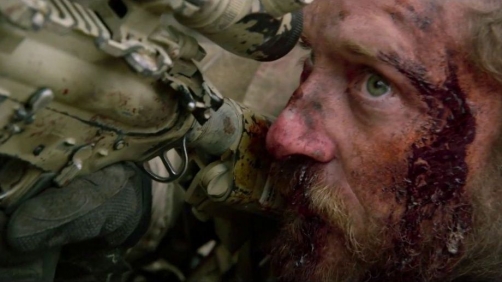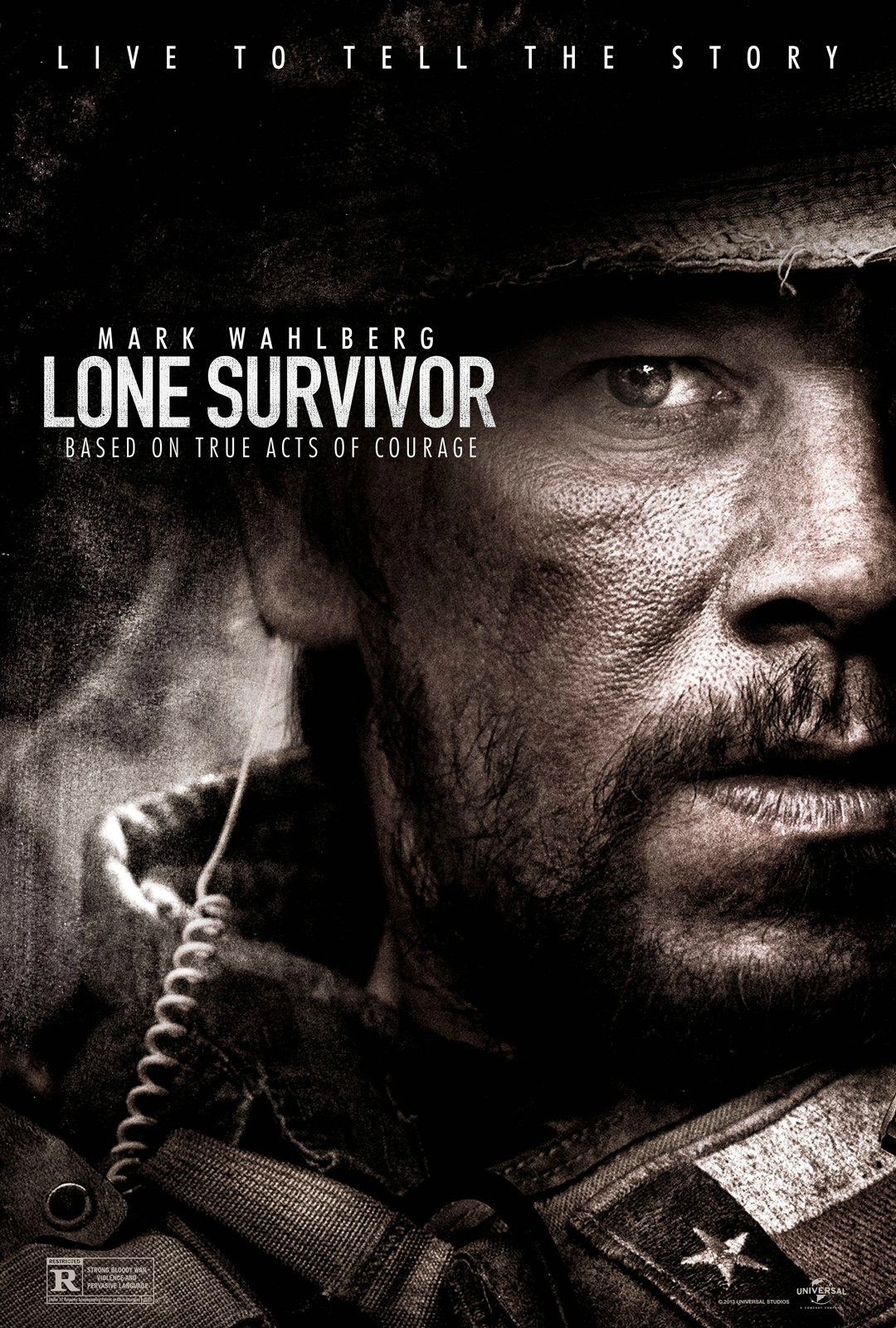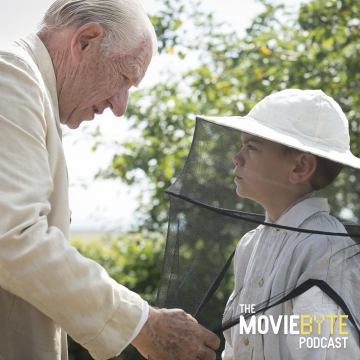
On the night of June 25th, 2005, a four-man Navy SEAL team - consisting of Lieutenant Michael Murphy, Sonar Technician 2nd Class Matthew “Axe” Axelson, Gunner’s Mate 2nd Class Danny Dietz, and Corpsman 1st Class Marcus Luttrell - is lowered via fast-rope into the Hindu Kush Mountains near the Afghanistan-Pakistan border. Their mission: track and eliminate notorious Taliban leader Ahmad Shah.
Less than twenty four hours later, only one of those SEALs is left alive.
What went wrong? Goatherds. Local goatherds, who stumble across the team in the mountain brush. After confirming that the men are unarmed civilians, the SEALs must decide what to do now that the operation is compromised. If they let the men go free, they will almost certainly alert the Taliban. If they tie the men up and leave, wild beasts will finish them off. Option Number Three? “Terminate the compromise.” Kill the captives, complete the mission, get the hell out.

Luttrell objects, reminding everyone that the rules of engagement forbid the killing of non-combatants. “I understand,” Axelson responds. “And I don’t care. I care about you.” He points at each of his friends: “I care about you. I care about you. I care about you.”
In a film littered with stirring scenes, perhaps no scene stamps itself so indelibly on our minds as this one. Arguably, it is nothing less than the story’s climax - and not a single shot has been fired. No blood has been spilled, no flesh mangled, no bones crushed. Not yet. But it is here, in this scene, that we see four men look death in the face and do the right thing anyway. They let the goatherds go.
Shortly after, the Taliban move in on them from three sides.
“Good things happen to good people,” Dietz jokes. “That’s how it works, right?” He wins a chuckle from the audience and his buddies at the time, but forty minutes and thousands of blood-spattered rounds later, those words return to haunt us. The perfect moment (had director Peter Berg been so inclined) to flourish a soapbox, cluck bitterly, and wonder if any of it was really worth it.
Mr. Berg does nothing of the kind. His movie escapes the dreaded “just another war film” label through top-tier acting, sober direction, an earnest script, and terrifyingly immersive battle scenes. But what makes it truly great - beautiful, even - is that it honors the fallen without sneaking in the back door to wag a cynical finger at their sacrifice.
Instead, it points to what they did and tells us: “See that? That is the real deal. That is honor. That is courage. That is brotherhood. That is what it looks like to do the right thing - even when it costs you your life.”


